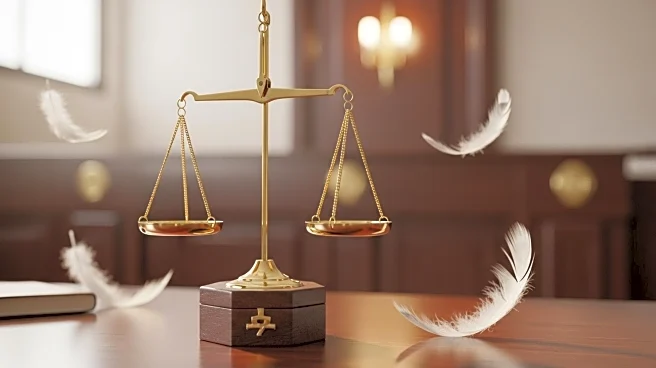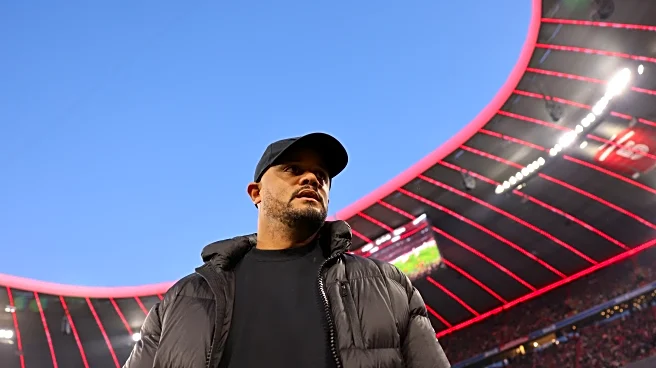What is the story about?
What's Happening?
The debate over free speech and its limits is revisited through the lens of the 1977 Skokie case, where a neo-Nazi group sought to march in a predominantly Jewish suburb of Chicago. The case raised questions about whether the First Amendment protects offensive and hateful speech. The American Civil Liberties Union (ACLU) defended the group's right to march, arguing that the First Amendment was the real client. The courts eventually ruled in favor of the neo-Nazis, although the rally was held in Chicago instead. The case remains a pivotal moment in the discussion of free speech rights in the United States.
Why It's Important?
The Skokie case serves as a critical reference point in ongoing discussions about the boundaries of free speech in America. It highlights the tension between protecting free expression and addressing the harm caused by hate speech. The case underscores the challenges faced by legal systems in balancing these competing interests, particularly in a diverse society. The implications of this debate are significant for policymakers, legal professionals, and civil rights advocates, as they navigate the complexities of upholding constitutional rights while ensuring public safety and social harmony.
Beyond the Headlines
The Skokie case also raises ethical questions about the role of legal institutions in protecting speech that may be deeply offensive to certain communities. It prompts a broader reflection on the responsibilities of society to address hate speech and its impact on marginalized groups. The case continues to influence legal discourse and public policy, serving as a reminder of the enduring challenges in interpreting and applying the First Amendment in a rapidly changing social landscape.
















